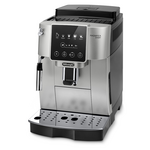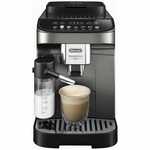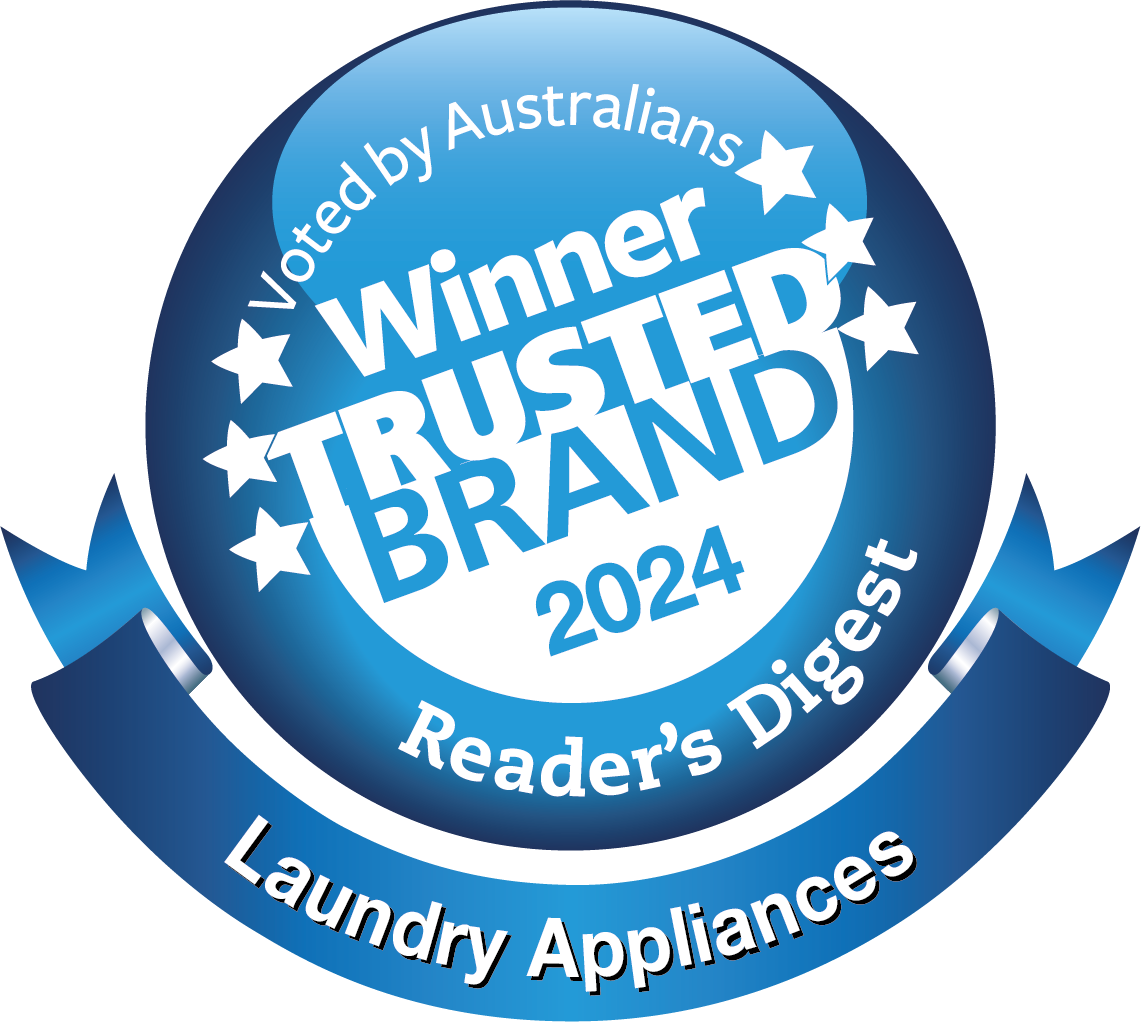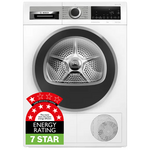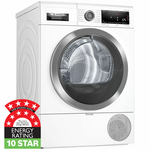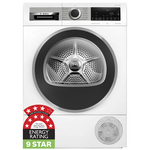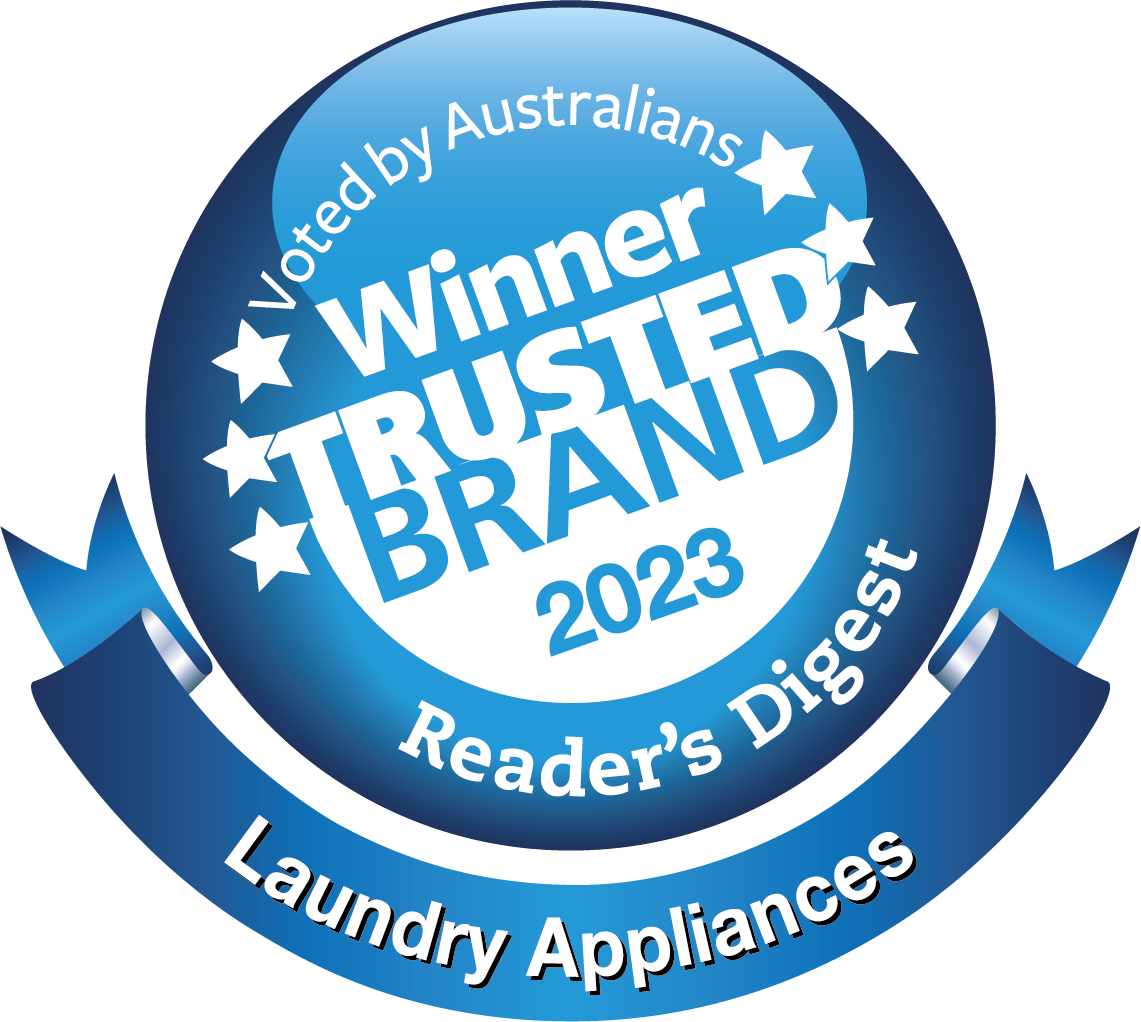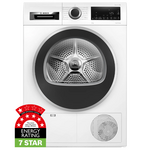
Claiming tax deductions on appliances for your business 2025
Updated 2 May 2025
When the time arrives to do your tax return, you want to maximise your tax deductions and, if you're lucky, tax refund. If you purchase brand new appliances for your business, there are some tax benefits you can take advantage of for the financial year 2024-2025, aka FY25.
FY25 refers to financial income received and expenses incurred between 1 July 2024 and 30 June 2025.
Depending on the value and nature of the appliance, it may be eligible for immediate deductions or for staggered ones based on depreciation. By deducting eligible expenses, you reduce your business’s taxable income, and therefore the amount of income tax/company tax you’ll need to pay. Here, we look at when you can claim tax deductions on appliances for your business, as well as some simple tax tips to help things go smoothly at the end of financial year.
Essential appliances
To claim a tax deduction on any type of appliance for your business, it must be used primarily and directly for business purposes rather than personal use: as the Australian Tax Office (ATO) puts it ‘You can claim a tax deduction for most expenses you incur in carrying on your business, if they are directly related to earning your assessable income.’
The ATO is responsible for assessing the eligibility of deductions based on the business use and purpose of the expense. So, if you’ve bought, or are planning to buy, any appliances to be used in your business, consider the following:
Business necessity: Does it enable you to provide services, enhance productivity, or improve efficiency? If the appliance plays a crucial role in your day-to-day activities it is more likely to be considered essential for tax purposes.
Example: An air conditioner in a showroom creates a comfortable environment for customers and enhances employee productivity, making it a necessary business expense.
Direct income generation: Does the appliance directly contribute to generating income or play a significant role in the production of goods or services?
Example: In a hair salon, hair straighteners and hair dryers are essential tools that directly contribute to the salon's services and revenue.
Industry standards and practices: If using a particular appliance is customary within your industry and contributes to overall operational efficiency, it may be tax deductible.
Example: A coffee machine in an office boosts productivity by providing employees with convenient access to caffeinated drinks, reducing time lost to external coffee runs.
Instant or gradual?
A couple of ways in which tax deductions may be applied to appliances you’ve bought for your business are the instant asset write-off and depreciation.
Instant asset write-off
The instant asset write-off is a tax measure that allows businesses to claim an immediate deduction for the cost of eligible assets, including appliances, up to a certain threshold.
This measure is designed to stimulate business investment and improve cash flow. Imagine, for example, a sound editor buys a pair of high quality headphones. The headphones are an essential tool that directly contributes to their business activities by enabling them to do precise audio editing and mixing, making them likely to be eligible for a tax deduction.
For this year’s tax return, known as FY25 (1 July 2024-30 June 2025), the instant asset write-off allows for an eligible piece of new equipment up to the value of $20,000 to be instantly claimed by businesses with a turnover of up to $10million, provided the asset is first used or installed ready for use within this period.
It's important to note that the $20,000 threshold applies on a per-asset basis, allowing multiple assets each costing less than $20,000 to be written off instantly. Assets valued at $20,000 or more are subject to depreciation rules (see below).
Unless further legislation is passed, the instant asset write-off threshold is scheduled to revert to $1,000 from 1 July 2025.
Depreciation
Depreciation recognises that an asset’s value diminishes over time. By claiming depreciation as a tax deduction, businesses can offset the reduction in an asset's value caused by factors like wear and tear, technological advances or changing market conditions.
The depreciation expense is spread over the asset's effective life, allowing businesses to deduct a portion of its cost as an annual expense. This reduces the business's taxable income, and therefore tax that it needs to pay. For example, a cafe or store that buys a small drinks fridge can depreciate its value over several years, deducting a portion of its cost annually, which helps to offset taxable income.
For assets not eligible for the instant asset write-off discussed above (i.e., costing $20,000 or more), small businesses can use the simplified depreciation rules, allocating such assets to a small business depreciation pool. Under this system, assets are depreciated at 15% in the first year and 30% in subsequent years.
Additionally, if the balance of the small business pool is less than $20,000 at the end of the income year, the entire balance can be written off.
A tax professional or accountant will be able to advise you which method will work best for your particular circumstances.
3 Top Tips for Tax Time
Whether you’re buying appliances or any other assets, like office furniture or equipment, it pays to be organised and use a little strategy.
1. Keep accurate records: Keep detailed records of your appliance purchases, including receipts, invoices, and any other relevant documentation. This will help you substantiate your claims and ensure compliance with tax regulations. Online purchases are often easier to keep records of, because you will usually be emailed a copy of the tax invoice. We advise creating a folder of these as you go to save trawling through endless spam at EOFY.
2. Determine business use percentage: If you use an appliance for both business and private purposes, calculate the percentage of business use. You can claim a deduction for the portion of the appliance's cost that relates to your business activities.
3. Plan purchases strategically: Consider timing your appliance purchases to align with the financial year and take advantage of instant asset write-off. As the end of the financial year approaches - 30 June in Australia - it’s a good time to replace those creaky old appliances in your workplace, especially as there are so many great sales on appliances.
While the concept of an appliance being essential for your business might guide your decision when shopping for that new desk, dryer or TV, remember that tax laws and regulations can be complex and subject to change - as we can see with the upcoming changes to the instant asset write-off. To ensure compliance and maximise your eligible deductions, it’s a good idea to consult with a qualified tax professional or contact the ATO directly for specific guidance.
Have a Happy EOFY!
Proper bookkeeping, record-keeping, and seeking professional advice are essential steps to make the most of available tax benefits and deductions related to new appliance purchases. Remember to provide your tax agent with receipts so they can minimise your taxable income and, if you’re lucky, maximise your tax refund (and remember you can claim your agent fees as an expense in the following year’s tax return).
Get new appliances for your business sooner, with Free, Next Day Delivery* or paid Same Day* options
Appliances Online's legendary FREE delivery reaches 95% of Australia's population. Our fast service means you will usually receive your new office dishwasher, fridge or vacuum cleaner the day after you order it (Mon-Fri). Plus, we offer paid Same Day Delivery in metro areas of NSW, QLD and VIC if you order before 12pm Mon-Fri. We’ll also take your old appliance away to be recycled at no charge. If you have any questions at all about our range of products, our service or payment options, you can call our friendly team 24/7 on 1300 000 500, or message us via the chat icon at the bottom of your screen.


